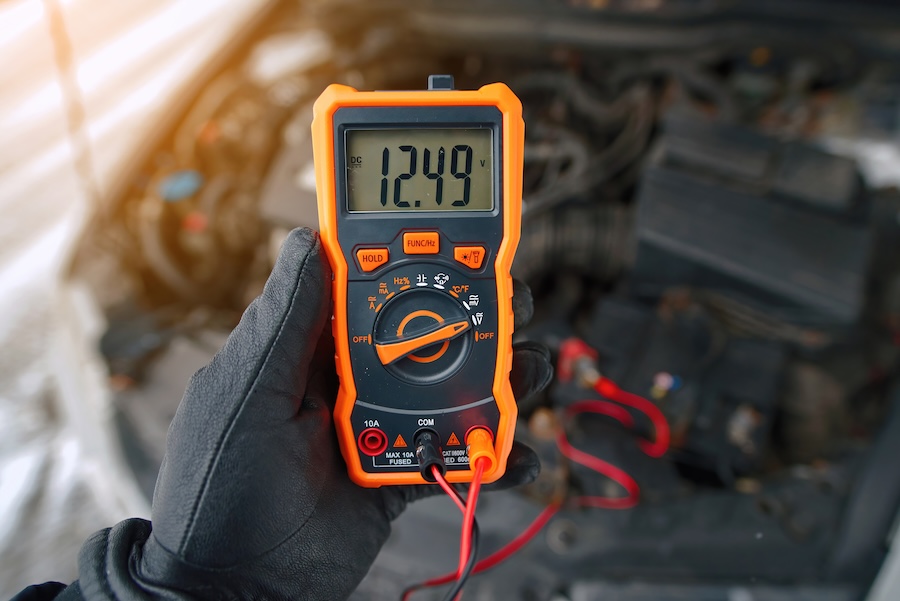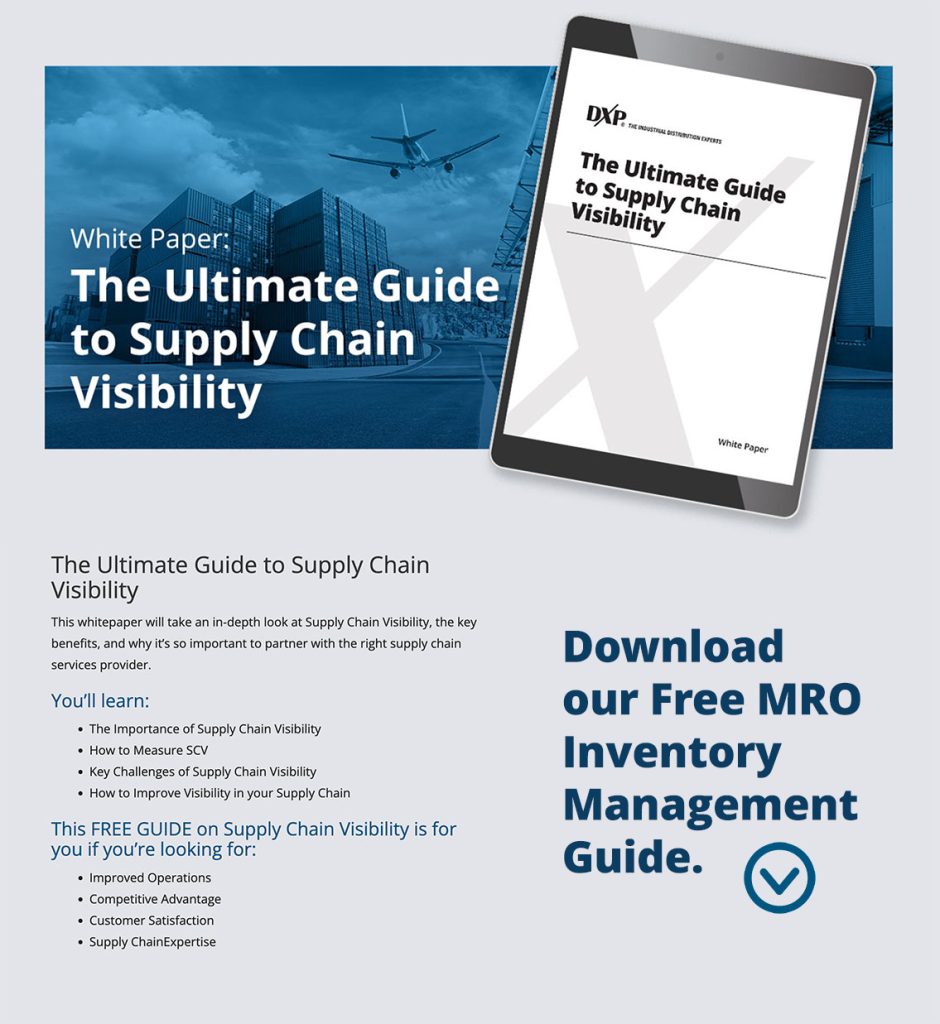
What Are the Best Tools for Precise Measurement?
Precision has a direct impact on quality, uptime, and safety. In machining, fabrication, and industrial maintenance, small errors can quickly turn into production delays, compliance issues, or customer complaints.
In fast-paced environments, fewer mistakes and tighter tolerances demand consistent, accurate data from measurement tools.
In industries where tolerances are measured in thousandths of an inch, the quality of your tools directly affects the quality of your product.
Precise Measurement Tools: An Overview
Precision instruments provide consistent readings across length, temperature, speed, voltage, and motion. They include mechanical (micrometers), digital (electronic calipers), and advanced options like coordinate measuring machines (CMMs).
Attributes that matter:
- High resolution
- Durable enough for industrial work
- Compatible with data systems
Accuracy vs. Precision
People often ask how precise tools differ in terms of accuracy and repeatability. Accuracy refers to how close a reading is to the actual value, while precision means how consistently the tool can repeat the same measurement.
Top Tools for Precise Measurement
At DXP, we carry tools suited to production lines, repair teams, and inspection crews:
Calipers & Micrometers
These tools are used to measure short distances with high accuracy. They’re common in machining, quality control, and assembly work. Types include:
- Digital Calipers
- Vernier Calipers
- Inside and Outside Micrometers
- Depth Micrometers
These tools are some of the most asked-about when it comes to shop-floor measurement. Calipers typically measure within ±0.003″, while micrometers can achieve resolutions as fine as 0.0002″.
Frequently Asked: How often should micrometers be calibrated in a production setting?
Micrometers used in production should be calibrated daily or weekly depending on frequency of use and required tolerances.

Laser Measurement Tools
These precise measurement tools work by projecting a laser to calculate space between surfaces. Often used in layout work and alignment tasks, they reduce setup time and human error. Common types include:
- Laser Distance Meters
- Laser Rangefinders
- Laser Alignment Tools
- Laser Scanners (2D/3D)
- Rotary Laser Levels
- Laser Micrometers
Frequently Asked: What’s the range limit of a standard laser distance meter?
Most laser distance meters provide accurate readings up to about 100-300 feet. Higher-end models can reach longer distances depending on the environment and target surface.
Coordinate Measuring Machines (CMM)
CMMs use a probe to record physical dimensions in three axes. They provide highly detailed shape and tolerance data. Suitable for inspecting complex or high-value parts.
- Bridge CMMs
- Portable Arm CMMs
- Gantry CMMs
- Horizontal Arm CMMs
Multimeters & Electrical Test Equipment
These handheld tools check the status of electrical circuits. They’re widely used in field maintenance and troubleshooting. Types include:
- Digital Multimeters
- Clamp Meters
- Insulation Testers
- Voltage Detectors
Infrared Thermometers & Thermal Imaging
These tools help detect surface temperature from a distance. They’re commonly used for safety checks and spotting maintenance issues. Common tools include:
- Spot IR Thermometers
- Infrared Scanning Systems
- Thermal Imaging Cameras
Motion & Speed Sensors
These tools measure linear and rotational movement in equipment. They help identify abnormal patterns that can lead to downtime. Options include:
- Tachometers
- Encoders
- Vibration Sensors
- Proximity Sensors
Temperature Gauges & Thermocouples
Used for measuring process temperature in a variety of industrial applications. Thermocouples and gauges help monitor performance and product quality.
- Bimetal Thermometers
- Digital Temperature Gauges
- Type J/K Thermocouples
- RTDs (Resistance Temperature Detectors)
Among thermocouple types, Type K is the most common for high heat due to its broad temperature range and durability. Type J is also popular but has a lower upper limit, while Type T is better for colder ranges.
Calibration Instruments
Calibration tools help verify and adjust the accuracy of other equipment. They’re part of routine maintenance and inspection. Examples include:
- Pressure Calibrators
- Dial Indicators
- Torque Wrenches
- Gauge Blocks
Automotive & Lathe Machine Measuring Tools
These specialized tools are used for precision work on vehicles or turned parts. Found in machine shops and repair facilities. Common types include:
- Bore Gauges
- Thread Pitch Gauges
- Runout Indicators
- Surface Roughness Testers
Need help choosing the right tool for the job? Our metal working specialists can help you narrow the field and make the right call based on actual conditions.
Digital precision tools give teams confidence in every decision they make.
Improve How You Measure, One Tool at a Time
Using outdated or inconsistent tools introduces risk. At DXP, we match your team with tools that support accuracy, speed, and day-to-day decision-making.
DXP’s Role in Helping Teams Measure Accurately
DXP helps operations standardize and upgrade their tools without adding complexity. Our supply and support teams make it simple to:
- Replace unreliable instruments
- Restock automatically with vendor-managed inventory (VMI)
- Support quality checks and process monitoring
We provide equipment for motion, temperature, speed, and shop-floor measurements including specialized tools for automotive and machining tasks.

